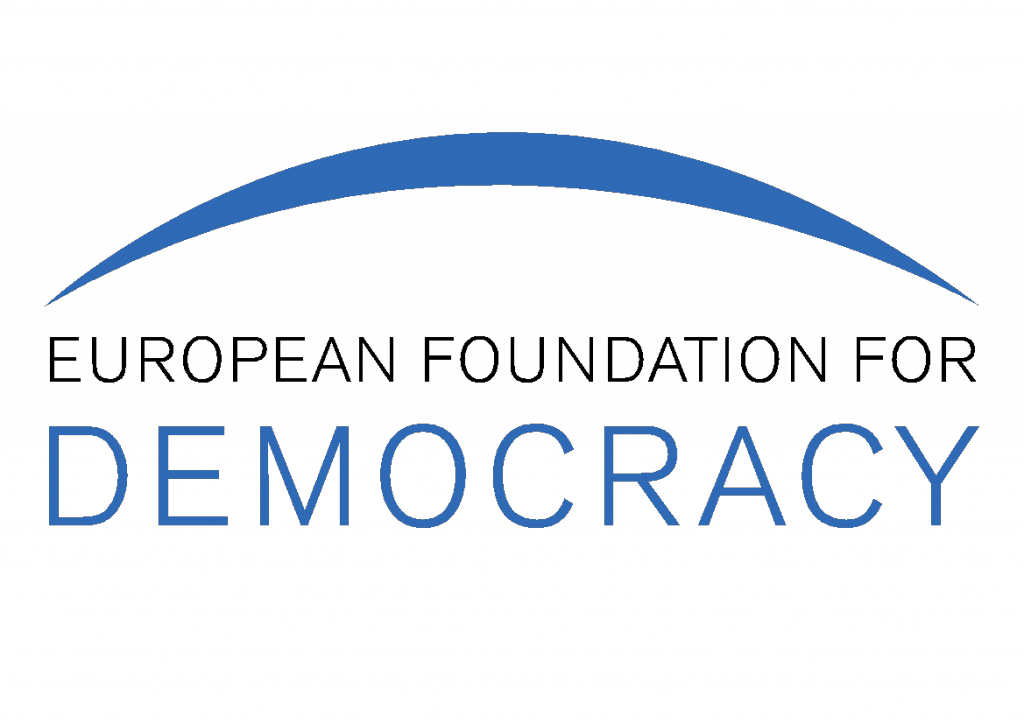“Afghan Women in a Post-Taliban Society: Challenges Ahead”
08.06.2009
Shukria Barakzai
Member of the Afghan Parliament and Editor of "Aina-e Zan" (Mirror of Women)
5-6pm, Monday 8th June 2009
Committee Room 8, House of Commons
Torn by decades of civil war and invasion, Afghan society is deeply rooted in traditional tribal and Islamic values. In 2001, the Taliban were driven out of Kabul after years of oppressive rule, but they continue to maintain a strong presence in the provinces. In 2004, President Hamid Karzai became the first democratically elected leader of Afghanistan. The elections were seen by many as the first tangible sign of progress towards democracy, but stability remains tenuous and a resurgent Taliban, particularly in the South and East presents a serious challenge to the fledging government. Furthermore, moves towards democracy often run against the grain of traditional societal values. Nowhere is this more obvious than in the struggle for women's rights.
This raises several issues. What role will women play in a post-Taliban society? Can the government accommodate and reconcile traditional Afghan values with more liberal values of democracy and equal rights for women? Afghanistan needs to embrace women on every level of society and governance if it wants to become a liberal democracy. It must treat them as an asset in its reconstruction process. This is one of the many challenges that lies ahead. Long term peace and stability in Afghanistan will benefit European interests and security.
Progress has been made, and women enjoy much greater freedom in a post-Taliban society. The current parliament, elected in 2005, constitutes 28% women, making Afghanistan one of the region's leading countries in terms of female parliamentary representation. Despite this, Afghan women still face repression and exclusion in a fundamentally male dominated society. After first-hand mistreatment under the Taliban regime, Shukria Barakzai has become the voice of modern Afghan women through journalism, and more recently politics.
This evening's discussion will cover a range of subjects. In particular, it will focus on the role of Afghan women in society, business and politics. Underlying these themes will be a consideration of the importance of democracy in Afghanistan.
By kind invitation of The Rt Hon Dr Denis MacShane MP, the Henry Jackson Society, and the European Foundation for Democracy is pleased to be able to invite you to a discussion of "Afghan Women in a Post-Taliban Society: Challenges Ahead" by Shukria Barakzai, a member of the Afghan parliament.
TIME: 5-6pm
VENUE: Committee Room 8, House of Commons
Shukria Barakzai is a member of the Afghan Parliament and the editor of "Aina-e Zan" (mirror of women). She played an important role in drafting the Afghan constitution and established the Afghan women journalists association. On her homepage http://shukriabarakzai.net, she stresses the importance of elections and the right to vote. Her campaign is focused on the problems women still face in Afghanistan and on law enforcement. As a fluent English speaker, she is frequently invited to speak to international events, including at the European Parliament and the East West Institute Security Conference in Brussels. She has received several international and national awards, including:
2008 Outstanding Intellectuals, Cambridge University
2007 International award for democracy and human rights from Florence, Italy
2006 Bravery Medal from France Parliament
2005 Young global leader (World Economic Forum) www.yglweforum.org
2004 International Editor of the Year www.worldpress.org
2004 Medal of National Honour President Hamid Karzai of Afghanistan

